Three black cats. Continue reading
The story of the pets who shared the house in Enfield with Sue and me begins here. It recounts the first fifteen years of our lives there with, for most of the period, two cats named Rocky and Woodrow. Rocky died in the summer of 2003 after a very full life.
In late 2003 or early 2004 Sue’s sister Betty told us that a friend of hers had a family of cats that were too much for her to manage. Sue went to meet her one evening and chose on the spot to adopt a long-haired black male that was about the same size as Rocky and Woodrow. The woman called him Fluffy, which, of course, would never do. I dubbed him Giacomo after my favorite opera composer, Giacomo Puccini, and Giacomo della Chiesa, better known as Pope Benedict XV.
For a few weeks Giacomo was, to put it mildly, very wary of his new surroundings. We did not keep him cooped up for more than a day or two, and thereafter I personally spent a lot of time looking for him and trying to remove him from various hiding places. I remember that one day he somehow crawled under the dishwasher in the old kitchen. Fortunately, he was just shy, not a bit aggressive or even defensive. As soon as I got a good grip on him he let me pull him out of his hiding spot without much of a struggle.
Finding him when he hid outdoors was even more challenging. He liked to retreat beneath some evergreen bushes on the north side of our house. When I approached him from one side, he slipped over to the other. It took me at least thirty minutes to retrieve him whenever he did this.
Woodrow, who made new friends very easily, took the new kid under his wing. Giacomo followed his lead in nearly everything.
Eventually, Giacomo became comfortable in both our house and our yard. However, he did not seem to comprehend the value of the cat door (described here). It looked like a trap to him.
Finally, one day Sue and I decided to team up to help him understand it. Sue held him on the outside of the cat door and pushed him through. I was in the basement standing on a chair by the cat door. When he appeared on the top shelf of the bookcase, I grabbed him, took him in my arms (which he liked), and walked around the basement enough so that he could figure out where he was. I then returned him to the top shelf by the cat door and pushed him back through it. Sue grabbed him and held him for a minute or two. Then she pushed him back through to the basement again.
All of a sudden I could see the light bulb appear over Giacomo’s head as he emerged into familiar surroundings. The message penetrated through all the fear to his little brain. He finally realized that this little door meant that he could come and go as he pleased. It was no trap; it meant freedom!
Meanwhile, to our surprise, Giacomo continued to grow. After a couple of months he was a good two inches taller than Woodrow and three or more inches longer. He had one broken (or at least shorter) fang that bothered him not even a little. He also had polydactyly on both front paws. Each had an extra toe sticking out on the inside. They looked a lot like thumbs. One other thing was quickly noticeable about Giacomo—he was left-pawed. I called his left front paw “Lefty”. If it came towards you, it generally meant business.
During his first summer in Enfield Giacomo cleaned out the mole colony that had resumed residency when Woodrow retired as master exterminator a few years earlier.
For the most part Giacomo followed Woodrow around the house and the yard. Woodrow habitually came in to the bedroom every morning when my alarm went off at 5 AM. Giacomo began to join us. I was expected to acknowledge both of them, although Woodrow wanted nothing more than a rub or two on his head. Giacomo liked to be rubbed all the way down his spine, but he did not like his belly rubbed.
From the start Giacomo preferred me over Sue. Whenever I sat down on a chair he jumped onto my lap. If I was seated at my desk (which was really a tabletop astride two file cabinets), he often got bored and went exploring on the table. If I was watching TV, he lay lengthwise on my lap (on a stadium blanket that I always set there) when he was younger and across it when he got older. I don’t know why he changed. Whenever I lay down he walked (he was so long that he hardly needed to jump) up onto the bed and settled himself next to me.
I never teased Giacomo in the way that I tortured Woodrow with that stick and feather. However, I occasionally took advantage of the fact that he allowed me to do almost anything to him. I liked to lift him up over my head and make him pretend to walk on the ceiling.
Woodrow and Giacomo were left “home alone” during our trips to Village Italy in 2005 (described here) and Eastern Europe in 2007 (described here).
Woodrow was still around for a startling occurrence in May of 2008. The cat door drew the attention of a masked varmint, a raccoon that was too chubby to fit through the opening. Raccoons are known to be very crafty, but this one used brute force to solve the problem. He made short work of my (very) amateurish carpentry by pulling the door out of its wooden frame in the window. Sue and I knew that the rascal had made it all the way into the house when we found the cat bowl empty and water all over the floor. Cats are very meticulous when drinking water; they seldom spill a drop. Raccoons are meticulous in a different way. They wash their food before they eat it; they always spill water, and they never clean up after they are finished eating.
Chick Comparetto let us borrow his Havahart trap, and he showed Sue how to use it. She then put it outside near the cat’s entrance (which we had temporarily closed off) and put some food in it. On the very first night the raccoon got caught in the trap. Sue and Chick then transported the raccoon—still in the cage—in her car across the Connecticut River to Suffield, where they released it in a wooded area.
Sue immortalized the raccoon adventure by recording a video of the release in Suffield. You can watch it here.
I bought a new sturdier cat door and affixed it to the board blocking the window a little more securely.
In the late summer of 2008 Woodrow died. He was eighteen years old, the same age that Rocky was at his death. Woodrow was weak and very ragged looking the last week or so. I stayed home with him on his last day.
Despite my closeness to him, I wasn’t overcome with grief when Woodrow died. The Woodrow that I wanted to remember was the devious rascal and hunter, not the decrepit bag of bones of his last few days. I still retain so many vivid memories of him. He was an immediate friend to everyone whom we let in through a human-sized door, but I think that, at least in his younger years, he would have fought to the death to defend against an intruder trying to get through the cat door.
I buried Woody under the burning bush, his favorite outdoor napping spot. I don’t honestly know whether Giacomo missed him as much as I did. He could not have missed him more.
For about a year Giacomo was our only pet. Then Sue learned that Betty’s friend, who was absolutely thrilled to find out how much we liked Giacomo, told Sue that she could have Giacomo’s litter-mate, whom she had named Frankie. I insisted on elongating his name to Franklin.
Franklin was black, like Giacomo, but he had short hair, and he was not as long and lean as his brother. I thought of them as the anteater and the aardvark. Giacomo was the bigger anteater with his luxurious fur coat. Franklin was the much less attractive aardvark.
Franklin did not share Giacomo’s pleasant disposition and love of human companionship. He never fought with his brother, which we recognized as a big plus. However, Franklin did not especially like either Sue or me. He would only occasionally let us pet him. mostly when he was outside. Once or twice, however, I actually found him up on the bed with Giacomo, but after a couple of strokes he became antsy and departed.
The aspect of living with us that Franklin hated the most was the monthly application of flea drops. I suspect that he had never been allowed outdoors at his previous residence. He discovered the cat door in the basement without our assistance, and he seemed to appreciate the freedom that it provided. However, he had never learned the fundamental lesson of civics class: with all freedom comes responsibility. In this case, the monthly flea drops were the price civilization exacted for his liberty.
When the weather was warm Franklin put me through a frustrating and exhausting ritual every month. When I was sure that Franklin was in the house, I shut the door to the basement so that he could not retreat there. I then chased him from room to room trying to corner him. Sometimes he hid under one of the barnboard shelves in the library. When he did, I had to wait for him to move. Eventually I always trapped in the bedroom, where he would take refuge under the bed. I had to remove the mattress and box springs to get at him. I always eventually managed to apply the treatment, but the experience was a gigantic pain in the coondingy1.
In contrast, I merely waited for Giacomo to jump in my lap. He did not mind getting the drops at all. He trusted me completely.
Giacomo and Franklin stayed home together while Sue, I, and our friends the Corcorans toured Paris and the South of France in 2009 (described here). We also took a Russian River Cruise in 2010 (described here) and an ill-fated tour of South Italy the following year (described here). I learned of no untoward incidents either caused by or inflicted on either cat.
For some reason Franklin insisted on exploring our neighbor’s3 property. The gentleman who lived there called me aside while I was trimming the forsythia bush near his property one day and informed me that he had a problem with our cats. They made his dog bark too much. I told him that I would see what I could do.
I thought of responding, “Oh, you have a dog problem. I thought that you said that you had a cat problem.” After all, in Enfield, although dogs must be fenced in or kept on a leash, there is no law against cats roaming free.
I was pretty certain that Franklin was the instigator. Whenever I saw him near the neighbor’s property, I chased him back to our yard. However, I worked all day, and I slept at night. Franklin had ample opportunities to roam. One day, when I was not home, the dog owner accosted Sue and told her that if he caught one of our cats on his property, he would kill it. I won’t repeat Sue’s precise response, but it was not neighborly.
The situation did not escalate any further. I wrote a letter to the neighbors that explained the situation with our cats and offered to pay if they did any damage. Shortly thereafter the family got rid of its noisy dog, and eventually the man of the house departed as well.
In 2012 Franklin got hit by a car on North Street. I did not dig a grave for him, the only domestic animal that I have ever really disliked.
After Franklin’s death Giacomo was our only pet3 for quite a few years. He went through a period in which he spent a lot of time on Allen Street, a dead-end street that was directly across North Street (the site of Franklin’s untimely demise) from our house. Quite a few outdoor cats lived in the neighborhood and congregated informally. The situation reminded me of the old Top Cat cartoons.
I did not like this new lifestyle, but there was not much that I could do about it without turning Giacomo into an indoor cat. Sue was equally concerned. She came to see me when I was in my easy chair wearing my cardigan sweater and reading a magazine. She said, “Ward, I ‘m worried about Giacomo.”
Although I don’t remember attributing his injury to the evil influence of the other gang members, one day Giacomo came home with a wound that had formed an abscess. The vet who examined him told me that if this happened again, we might need to keep him inside. That was something that we really wanted to avoid. She also told me that he definitely had a heart murmur, but she did not recommend doing anything about it. It made me think, however, that Giacomo would probably not match the longevity records of Rocky and Woodrow.
Eventually Giacomo’s wanderlust subsided. By 2016 he almost never left the property. That was the year that another black cat decided that he wanted to take up resident at the Slanetz house, home of Sue’s siblings, Don and Betty, and their father, Art. Betty and Art were quite fond of the newcomer, a very stocky fellow with an inflexible tail that measured only four or five inches. Betty named him Bob in honor of his tail—bobcats are sometimes seen in the area. The tail reminded me more of a crank or handle.
Unfortunately, Betty’s own cat had a fiercely hostile reaction to Bob’s presence. Betty therefore asked Sue to adopt him, and, needless to say, Sue agreed. Bob moved into our house on December 8, 2016, and for about two or three weeks Bob and Giacomo hissed at each other. They eventually became tolerant and, in time, quite friendly.
Giacomo held down the fort in Enfield by himself on several of our tours and cruises. Bob and Giacomo stayed in the house by themselves while we took the bridge trip/vacation in Hawaii in 2018 (details here).
Bob developed one very peculiar tendency. From the beginning his joints were not very flexible, especially by cats’ standards. Something also seemed to itch him on his spine, and he tried desperately to get at it with his teeth. To do this he rested his weight on one shoulder and used a back leg to spin around furiously. It reminded me of someone breakdancing.
After a while some tufts appeared on Bob’s spine. They looked like matted clumps of fur, but he would not let us touch them at all. They kept getting bigger, and eventually it became clear that they were growths of some kind. Maybe we should have taken him to the vet, but at the time Bob would not let me touch him under any conditions. Sue decided to let him be. Every so often she would say to him, “Oh, Bob, what am I going to do with you?”
Prior to Bob’s arrival Giacomo almost never made a sound unless I rolled over his tail with my office chair. Bob was quite talkative, and he had a pleasant voice. Giacomo began to vocalize, too, but he almost always squawked at a high volume. He sounded just like a blue jay. This was his only bad habit. We just had to put up with it.
Meanwhile, Giacomo was definitely beginning to show his age. Whereas he formerly sprang up to my lap or to his favorite perch on the back of the sofa, by 2019 he didn’t jump at all. He had to climb. He had also lost the ability (or at least the inclination) to retract his claws. When he walked on a bare floor, he always made click-click sounds. His right front paw also definitely bothered him. He never ran, and he walked with a noticeable limp.
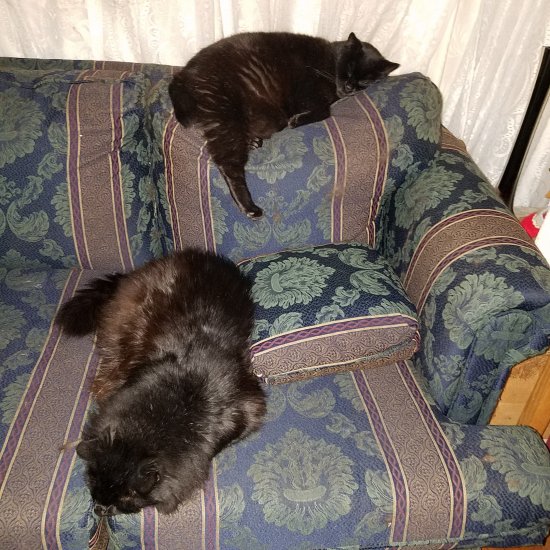
I spent the week after Thanksgiving in 2019 in San Francisco at the NABC4 tournament (described here). Between and after the rounds my thoughts often turned to Giacomo. I really feared that he might die while I was gone. I would not have been too surprised if Bob had died as well.
I was wrong on both counts. Both Bob and Giacomo were still reasonably healthy and active when the Pandemic changed all of our lives in March of 2020.
1. I learned this word while I was in the army. I think that it is derived from a Korean word that sounds similar.
2. Because of the location of our house, we really had only one next-door neighbor, the residents of 1 Hamilton Court. I think that the person with whom I conversed was named Chris Simons. He no longer lives there in 2022, but I think that his wife still does.
3. I am not counting our third rabbit. At some point before, during, or after Franklin’s stay with us at 41 North Street, Sue accepted (without consulting me) another rabbit from a relative or a friend of a relative. She explained that it could live outdoors, and she promised that she would care for it. She neglected it, and it died within a month or two.
4. Prior to the Pandemic three North American Bridge Championships were held every year at rotating sites by the American Contract Bridge League.

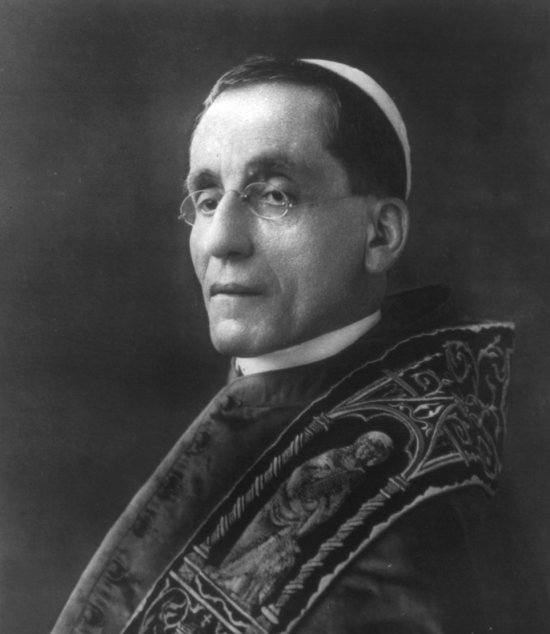

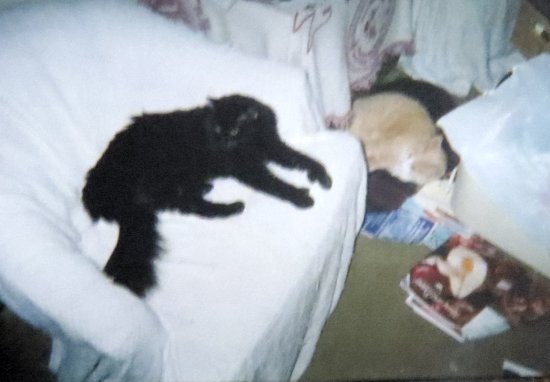

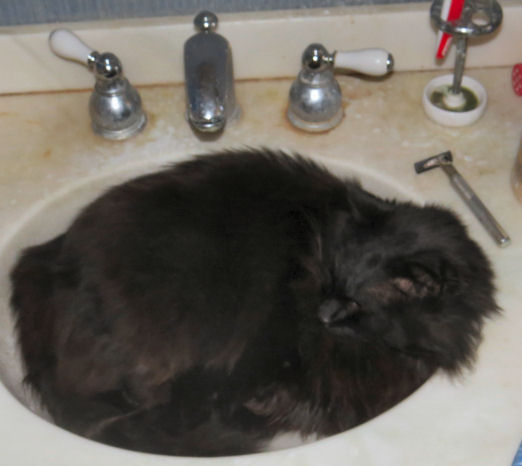

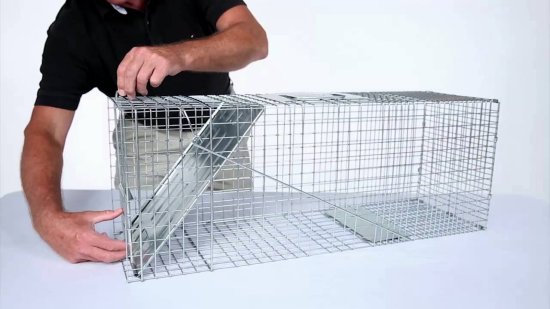

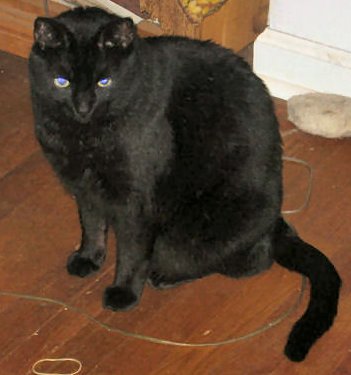
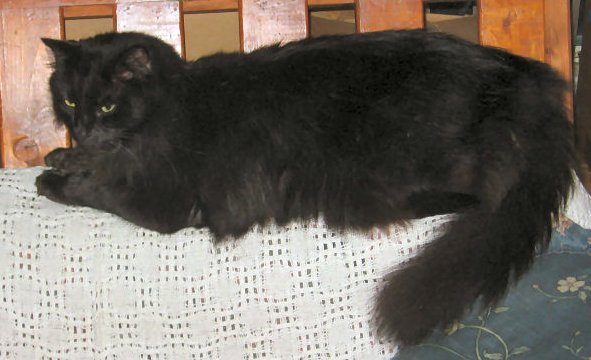
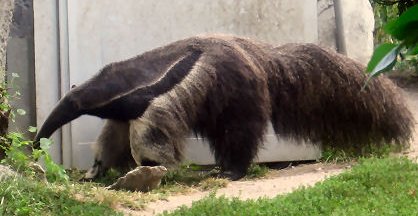
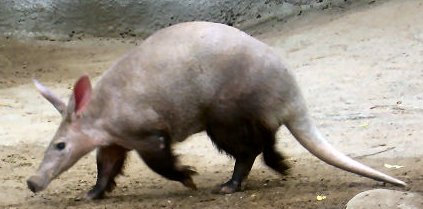
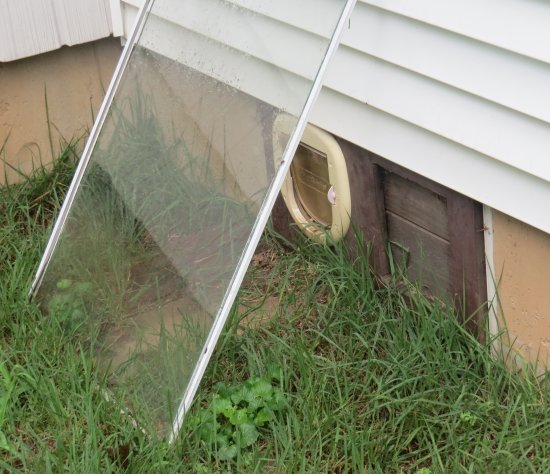

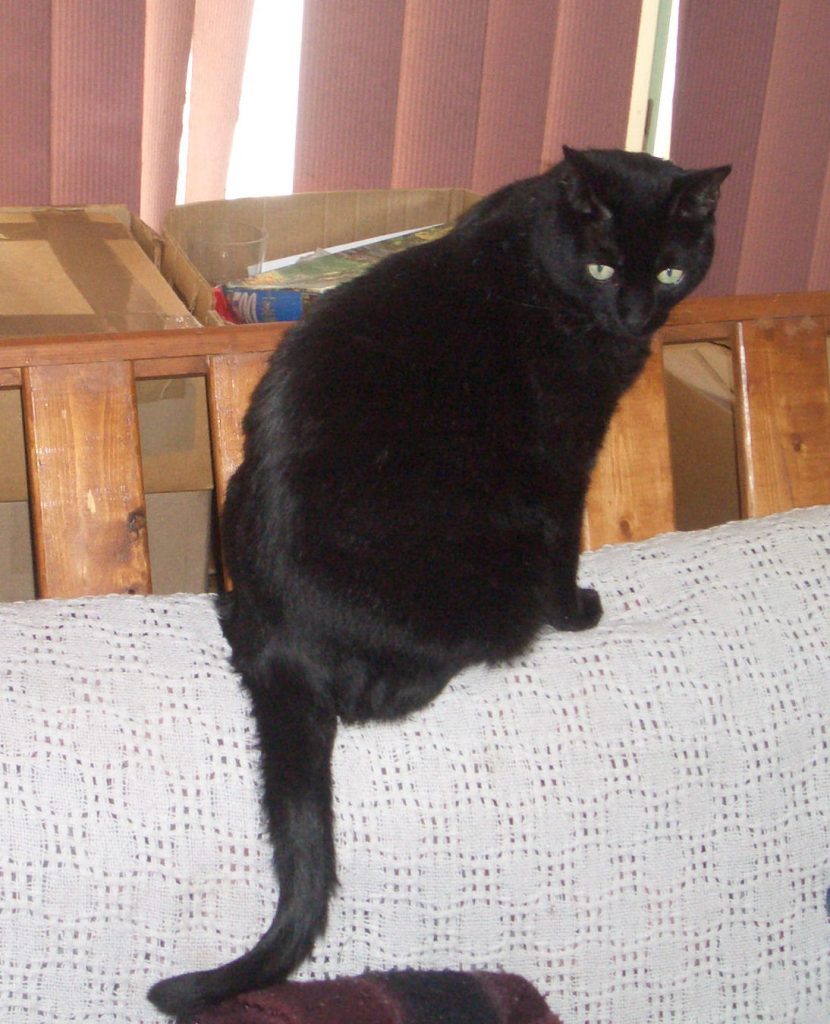
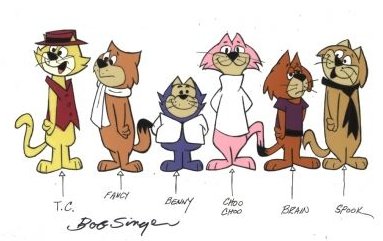

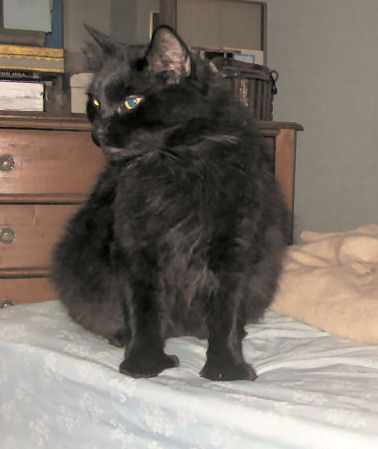
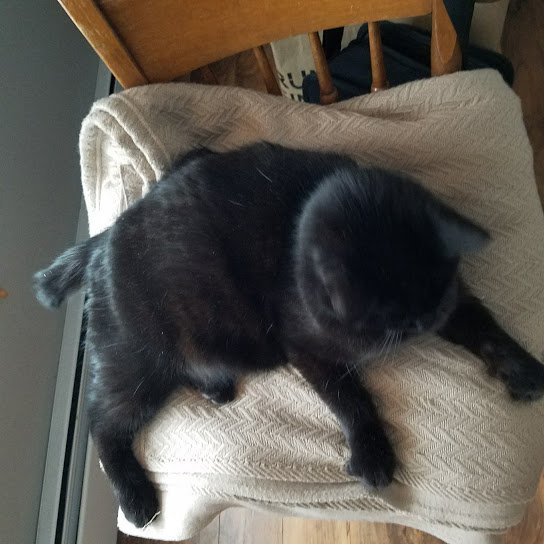
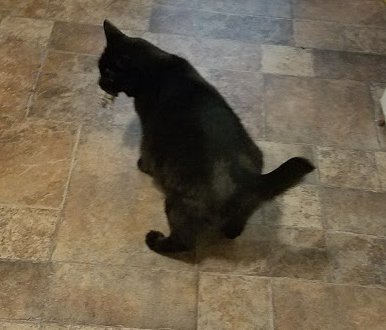
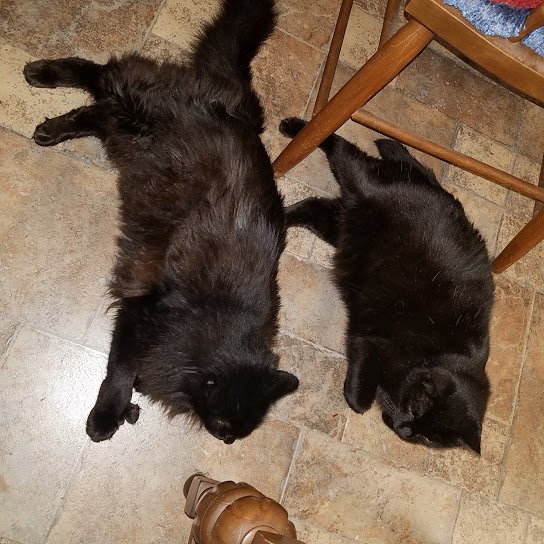
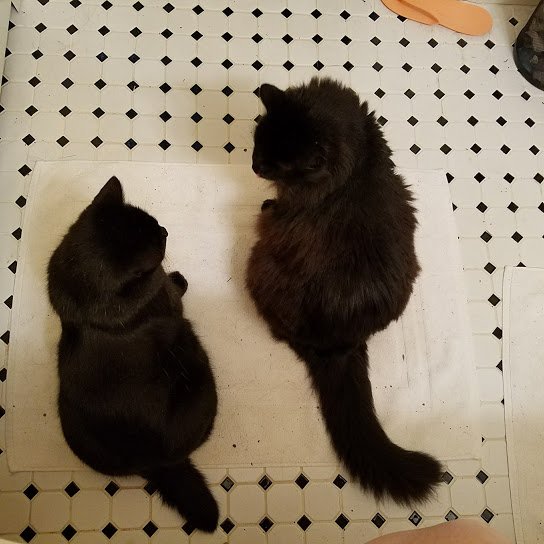
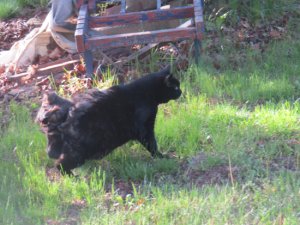

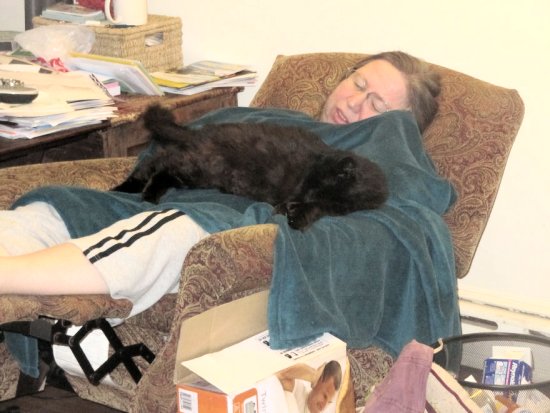
Pingback: 2021 April: The Easter Miracle | Wavablog